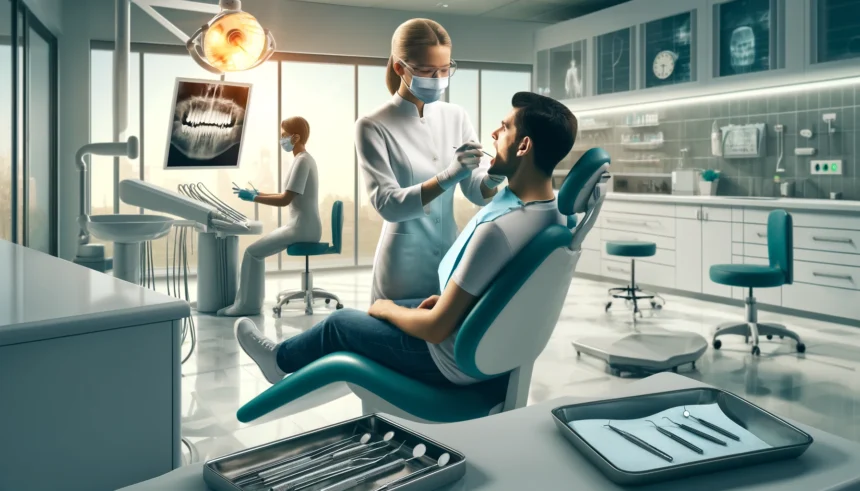Poor dental health can cause tooth cavities and decay, increasing the risk of tooth loss. Without proper dental health, the possibility of gum disease or periodontal disease rises. There’s also the risk of oral odors, which can be embarrassing. Understanding the dental health mishaps you’re likely to commit and their consequences can help you take better care of your dental health. Explained below are four dental health mistakes you should avoid.
Failure to schedule regular dental health checks
Routine dental checks are vital for maintaining sound oral health. Skipping the checkups has multiple consequences, including a high possibility of:
- Tooth decay: While bacteria are key in breaking down the food you eat, they’re living organisms that excrete waste and absorb nutrients. Their byproduct is a stick and acidic residue that calcifies when left on the teeth, even for twelve hours, leading to calculus or tartar. This weakens the tooth enamel while increasing the possibility of tooth decay
- Oral cancer: Oral cancer screenings are vital for many dental checks. Skipping routine checks increases the risk of this disease because dentists have no way of telling how healthy your oral structure
- Gum disease: Tartar and plaque buildup, if ignored, can destroy the software tissue, resulting in inflammation, irritation, and infection, which are a sign of gum disease
A dental health specialist like Renew Family Dental can help you create a regular checkup schedule that lets you keep your dental health in check while ensuring problems are caught and addressed before they escalate.
Brushing your teeth too hard
While brushing your teeth is vital to keeping your dental health in proper condition, doing it too hard can have devastating effects, including:
- Gum recession: Brushing extremely hard can cause your gum tissue to shrink. Should the recession progress far enough, your teeth roots may be exposed, making them susceptible to decay
- Untimely wear and tear: Brushing over-aggressively can lead to your enamel wearing away gradually. Upon suffering substantial damage, it’s impossible for the enamel to repair itself, increasing dental sensitivity and a high possibility of cavities
Being gentle but thorough when brushing can help avoid these issues.
Using a firm-bristled toothbrush
While toothbrush bristles help keep teeth bacteria-free and clean, how hard or soft they are is very important. While hard-bristled brushes last longer than soft-bristled ones, they aren’t good for your dental health because they significantly contribute to wearing your teeth’s protective layer (enamel) away. Damaged enamel causes more bacteria to stick to your teeth, raising the possibility of decay.
A firm-bristled toothbrush can also injure your gums, leading to gum line receding, which increases decay vulnerability. Opt for soft toothbrushes because they’re gentle on your gums and teeth. Also, they’re less abrasive than hard brushes, preventing enamel erosion.
Not flossing
Flossing, an oral hygiene technique that dislodges and removes food particles and other debris, including plaque from in between your teeth, lowers bacterial buildup. Failure to floss your teeth increases the potential of developing:
- Plaque buildup
- Cavities
- Gingivitis
Skipping flossing can also cause bad breath. Brushing your teeth twice daily isn’t enough to eliminate all the bacteria, plaque, and food particles accumulated between the teeth, so floss at least once a day for better oral health.
Endnote
Being careless about your dental health increases the risk of tooth decay, cavities, and tooth loss. Avoiding mistakes like not keeping up with regular dental checks, failing to floss, brushing too hard, and using firm-bristled brushes can help improve and maintain your dental health.

